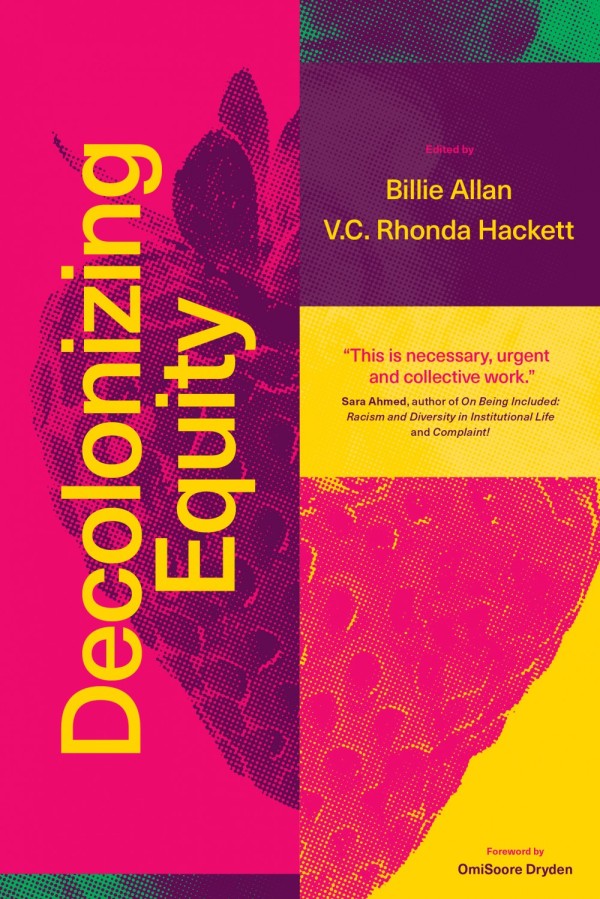
Decolonizing Equity
This book acknowledges the equity work BIPOC staff do in all institutions as both a burden and a survival mechanism, then explores how this necessary work be done in a less harmful way.
About the book
Institutions everywhere seem to be increasingly aware of their roles in settler colonialism and anti-Black racism. As such, many racialized workers find themselves tasked with developing equity plans for their departments, associations or faculties. This collection acknowledges this work as both survival and burden for Black, Indigenous and racialized peoples. It highlights what we already know and are already doing in our respective areas and offers a vision of what equity can look like through a decolonial lens. What helps us to make this work possible? How do we take care with ourselves and each other in this work? What does solidarity, collaboration or “allyship” look like in decolonial equity work? What are the implicit and explicit barriers we face in shifting equity discourse, policy and practice, and what strategies, skills and practices can help us in creating environments and lived realities of decolonial equity?
This edited collection centres the voices of Indigenous, Black and other racialized peoples in articulating a vision for decolonial equity work. Specifically, the focus on decolonizing equity is an invitation to re-articulate what equity work can look like when we refuse to separate ideas of equity from the historical and contemporary realities of colonialism in the settler colonial nation states known as Canada and the United States and when we insist on linking an equity agenda to the work of decolonizing our shared realities.
Education Indigenous Resistance & Decolonization Race & Anti-Racism Social Work
What people are saying
Sara Ahmed, author of On Being Included: Racism and Diversity in Institutional Life and Complaint!“If an EDI office seems too far away from a decolonizing project, read this book! In this compelling and carefully crafted collection of essays, Indigenous, Black and racialized scholars teach us that “decolonizing equity” is about what we have to do to rebuild universities, how we bring old knowledges and our relations with us, as well as how we create the spaces we need to survive the colonial harms and inequities that continue to shape our present.”
Benita Bunjun, author of Academic Well-Being of Racialized Students“Decolonizing Equity foregrounds nuanced ways of examining, interrogating, articulating and visioning possibilities and futurities of equity within the white-settler society of Canada. The lack of such books by community-engaged IBPOC scholars has deprived communities of social work, social justice, and education of pivotal scholarship, experiential knowledge, and radical healing. I found it to be extremely useful in thinking through the nuances, negotiations, contradictions and complexities of multiculturalism, EDI, neo-liberalism and settler colonialism. This is a rare and important contribution to emerging fields of radical study and practice that encourages liberation and healing.”
Kathleen E. Absolon, author of Kaandossiwin, How We Come to Know: Indigenous Re/search Methodologies“This book features a well-chosen and exquisitely grounded BIPOC collective, making this book an excellent choice for readers, educators, and leaders working in EDI.”
Contents
- Opening the circle
- Round 1: Visioning for and conceptualizing decolonial equity
- Chapter 1: Theorizing decolonial equity: Coyote takes a chapter
- Chapter 2: Decolonizing Equity Practice
- Chapter 3: A Theorizing of De-colonializing Equity and the Nation State
- Round 2: Being and doing – Decolonial equity in practice
- Chapter 4: Tkaranto Ondaadizi-Gamig: Birth is a Ceremony
- Chapter 5: Introducing Indigenous and Black Youth to a New Vision of Social Work
- Chapter 6: Decolonizing Urban Education
- Round 3: On healing, wellbeing and sustainability – Taking care in the work of decolonizing equity
- Chapter 7: A Call for Radical Healing: Integrating healing into Critical Race Education
- Chapter 8: Centring Subjectivity: Witnessing and Wellness
- Closing the Circle




_cover-FINAL_400_600_90_s.jpg)
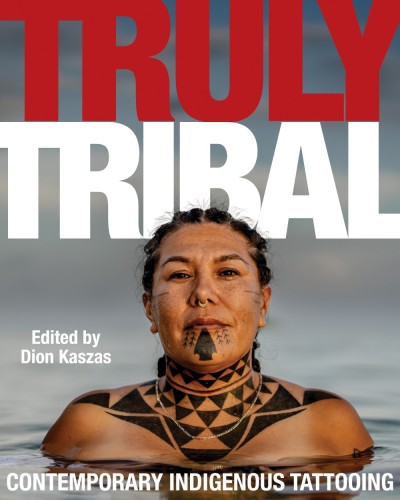
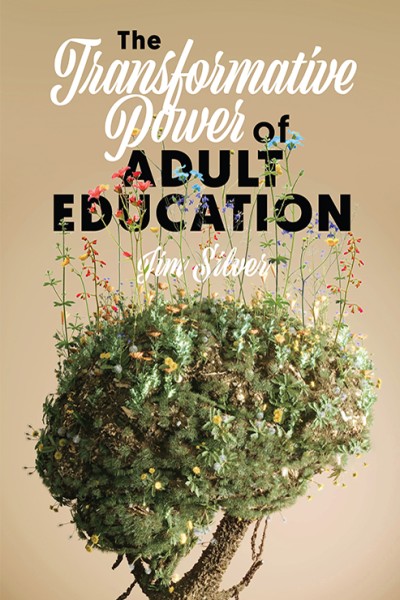
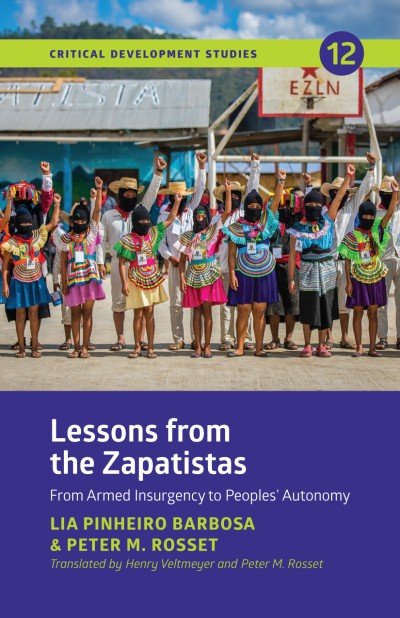
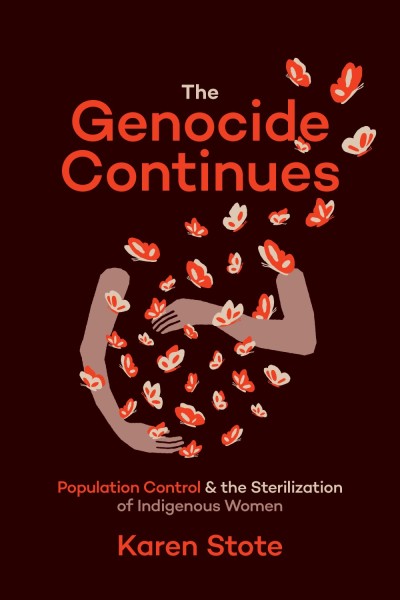
_cover-FINAL_400_600_90_s.jpg)

_cover_REV_400_600_90_s.jpg)

